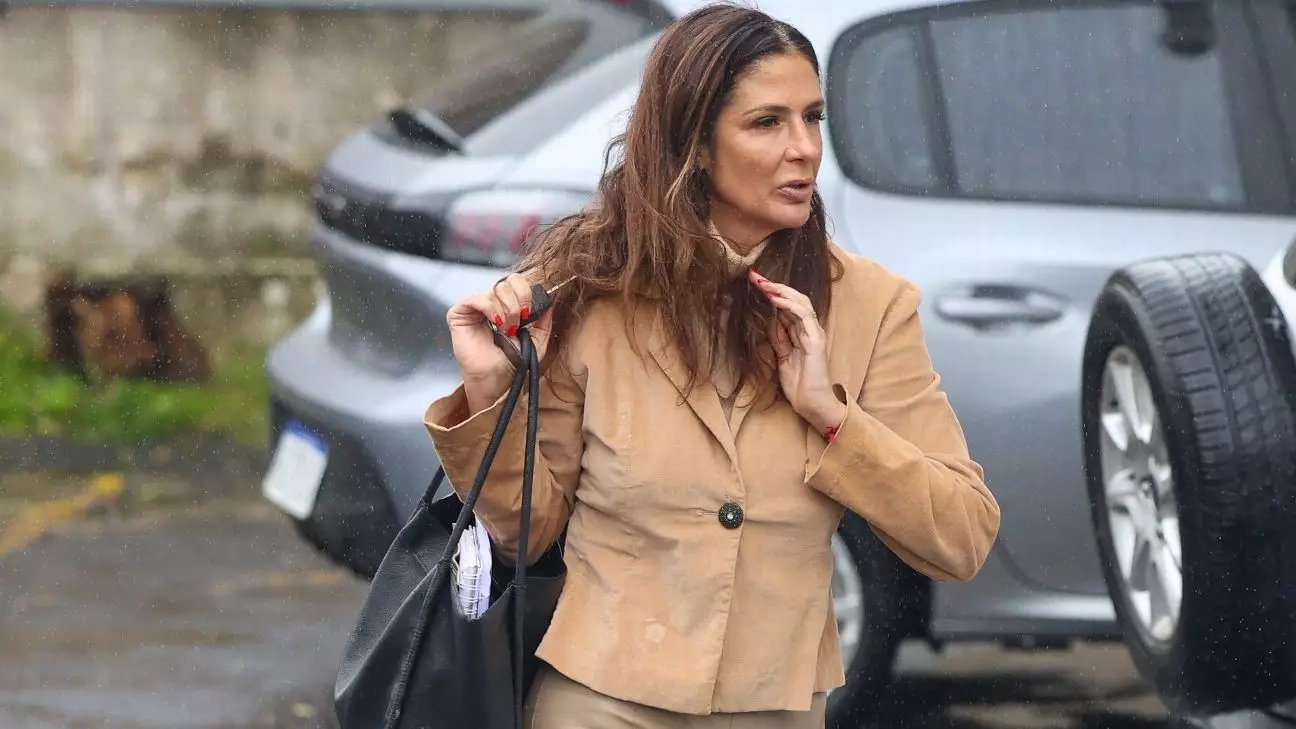The tragic passing of Diego Maradona, one of soccer’s most iconic figures, sent shockwaves through Argentina and the global sports community. His life, marked by unparalleled highs and deep lows, ended on November 25, 2020, at the age of 60, due to cardiac arrest while he was recovering from surgery. For many, Maradona transcended the realm of sports; he was a cultural phenomenon, a hero whose legacy painted the skies of Argentinian pride. However, the aftermath of his death has morphed into a labyrinth of legal challenges, igniting public outcry and scrutiny over the actions of his medical team.
In a dramatic turn of events last Thursday, an Argentine court has declared a mistrial in a case against seven health professionals accused of negligence leading to Maradona’s demise. This decision has not only disrupted the trajectory of justice but has also reignited the flames of controversy surrounding the case. Amid mounting media attention and public fascination, the judicial system’s handling of the trial raises questions about transparency and the efficacy of legal processes in high-profile cases.
The Legal Quagmire: A Mistrial and Its Implications
The court’s ruling was catalyzed by the resignation of Judge Julieta Makintach, who stepped down amidst criticism for her involvement in a documentary that chronicled both the aftermath of Maradona’s death and the impending trial. Titled “Divine Justice,” this documentary’s trailer featured archival footage of Maradona, interlaced with scenes showcasing the judge herself. This film, presented in court by the prosecutor, raised concerns regarding the potential conflict of interest and the integrity of the proceedings.
By declaring a mistrial, the judges have effectively reset the clock on the legal journey that started back in March. Witnesses have already poured their hearts out on the stand, reliving moments of sorrow and loss, only to see those testimonies discarded into the legal ether. As the public remains glued to the developments, many are left pondering the efficiency and motivations behind the judicial system—are cases involving societal icons subject to greater bias and scrutiny? The emotional weight carried by the families of those involved, particularly Maradona’s ex-partner, Veronica Ojeda, is palpable. She expressed profound sorrow over the mistrial, suggesting that years of labor and emotional investment had been rendered futile.
Fame’s Burden: The Struggles of Maradona’s Medical Team
At the core of this complicated legal entanglement is the plight of Maradona’s medical team: his psychiatrist, psychologist, primary physician Leopoldo Luque, medical coordinator, and nurses—all facing accusations of neglect. They stand firm in their denial, asserting that Maradona was a patient who often resisted treatment. This defense raises critical ethical questions about patient autonomy and the responsibilities of caregivers. In a case that involves someone of Maradona’s stature, the public often grapples with the emotional narrative over clinical realities, complicating the understanding of negligence and responsibility.
Each day in court has become a reflection of Maradona’s complex life—celebrated yet troubled by personal demons. Defense attorney Miguel Angel Pierri’s comments encapsulate the delicate nature of this trial, calling the proceedings a “great embarrassment.” Such descriptors serve as a reminder that within the legal framework, the human elements of grief, fame, and the pursuit of accountability are intricately intertwined.
The Cost of Justice: Time, Trauma, and the Pursuit of Truth
As this gripping saga continues to unfold, the implications of the mistrial remain scarcely understood. A higher court is expected to select new judges via lottery, a procedural move laden with uncertainty about when justice will ultimately be served. Legal representatives like Fernando Burlando, representing Maradona’s daughters, continue to express optimism for a resolution by year’s end, but this optimism is tempered by the chilling reality of a reset.
Indeed, the Maradona case highlights the struggles for justice that are often fraught with delays, especially in cases involving cultural icons. The effects resonate beyond the courtroom, affecting the mental and emotional well-being of all parties involved. As public interest in Maradona’s legacy persists, so too does the pressing need for an accountable and efficient judicial process.
In essence, the Maradona saga is not merely a legal battle but a narrative of society’s adulation for its heroes, the responsibility that comes with fame, and the power of legacy, tainted yet glorified by the shadows of a life lived in the spotlight.


Leave a Reply